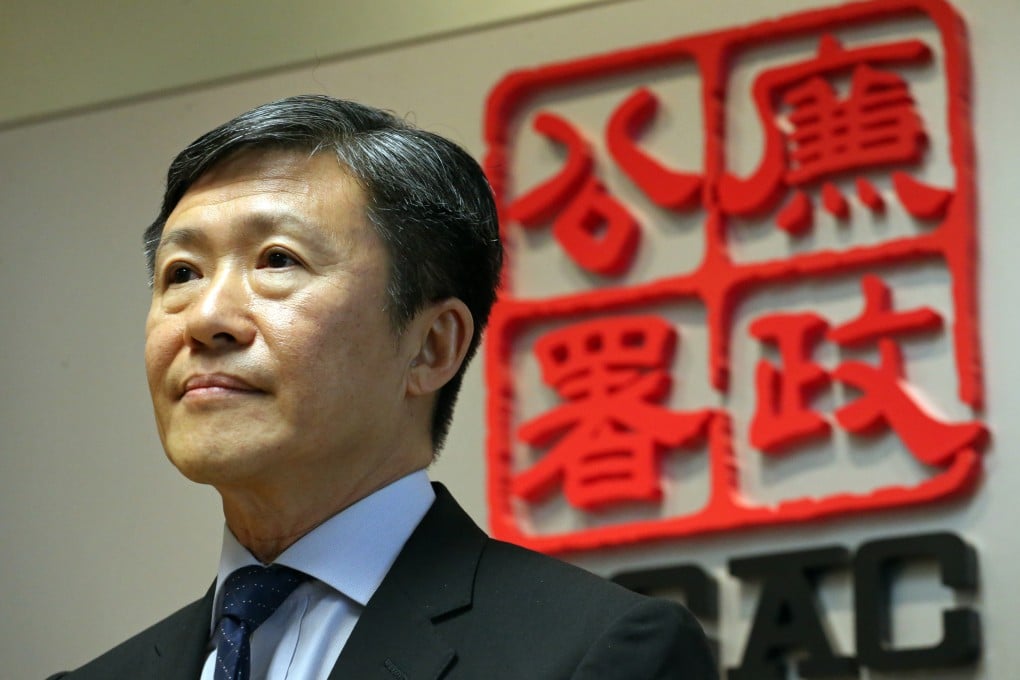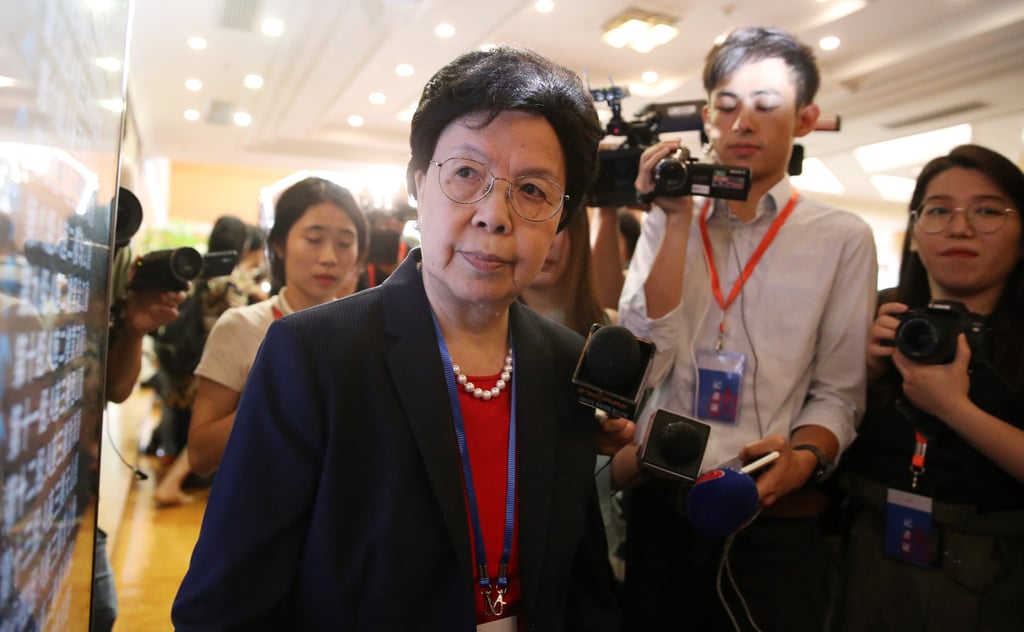Opinion | How Hong Kong’s anti-corruption expertise can strengthen the global body
- The election of the ICAC chief to head the global anti-graft body is an opportunity for Hong Kong to cement its leading role in anti-corruption training, and catalyse a stronger, more cohesive global agency

Over the past year, Hong Kong has been unfairly demonised by Western powers and the media over alleged human rights transgressions in the city. Yet an international body consisting of more than 140 country and regional representatives has seen fit to elect the head of Hong Kong’s Independent Commission Against Corruption (ICAC) to lead the global anti-corruption fight.
Peh would not have been chosen if Hong Kong was not a fair society with human rights. This is the best answer to the malicious bashing.
Peh’s presidency at the IAACA is also a timely gift to celebrate the 25th anniversary of Hong Kong’s return to Chinese sovereignty this year. It demonstrates that the ICAC remains highly regarded in the world.

The ICAC was among the first organisations to recognise the importance of international cooperation in combating corruption. It hosted the first ICAC Symposium in 2000, bringing together anti-corruption agencies from different jurisdictions, and during which the idea of setting up an international association for such agencies was mooted.
